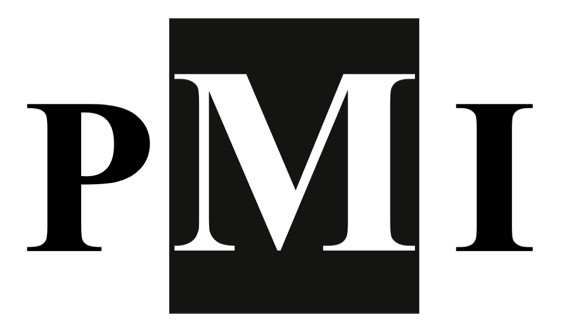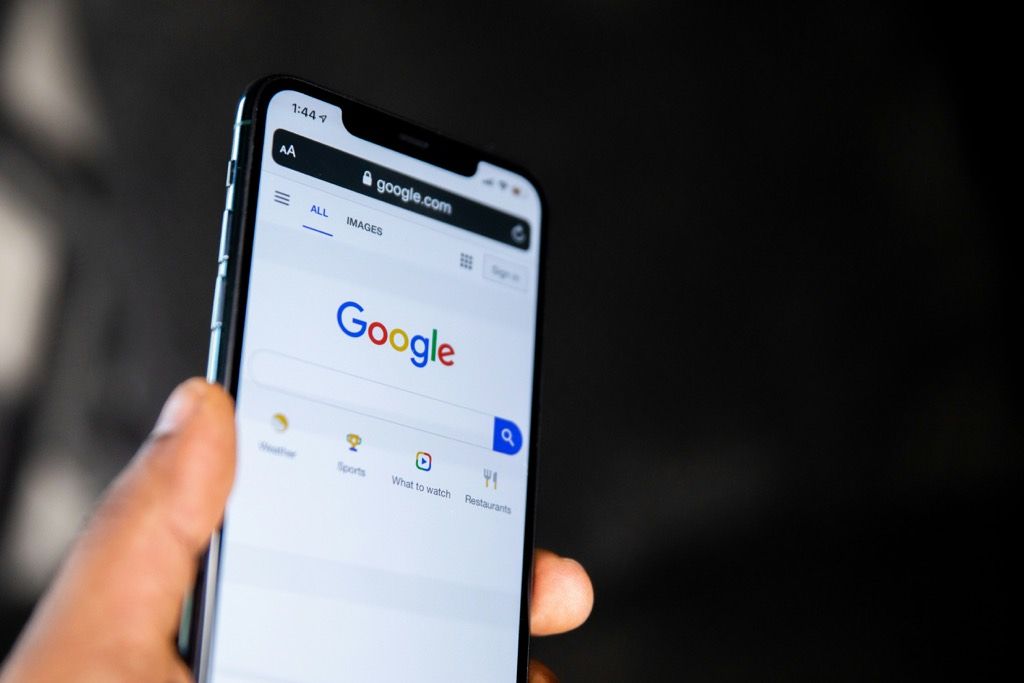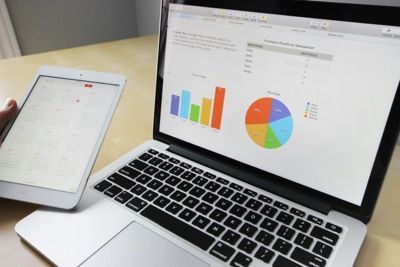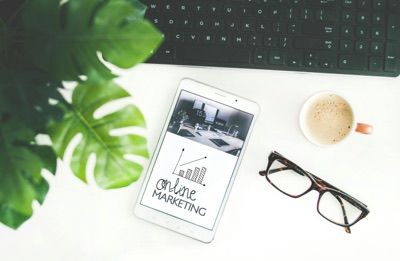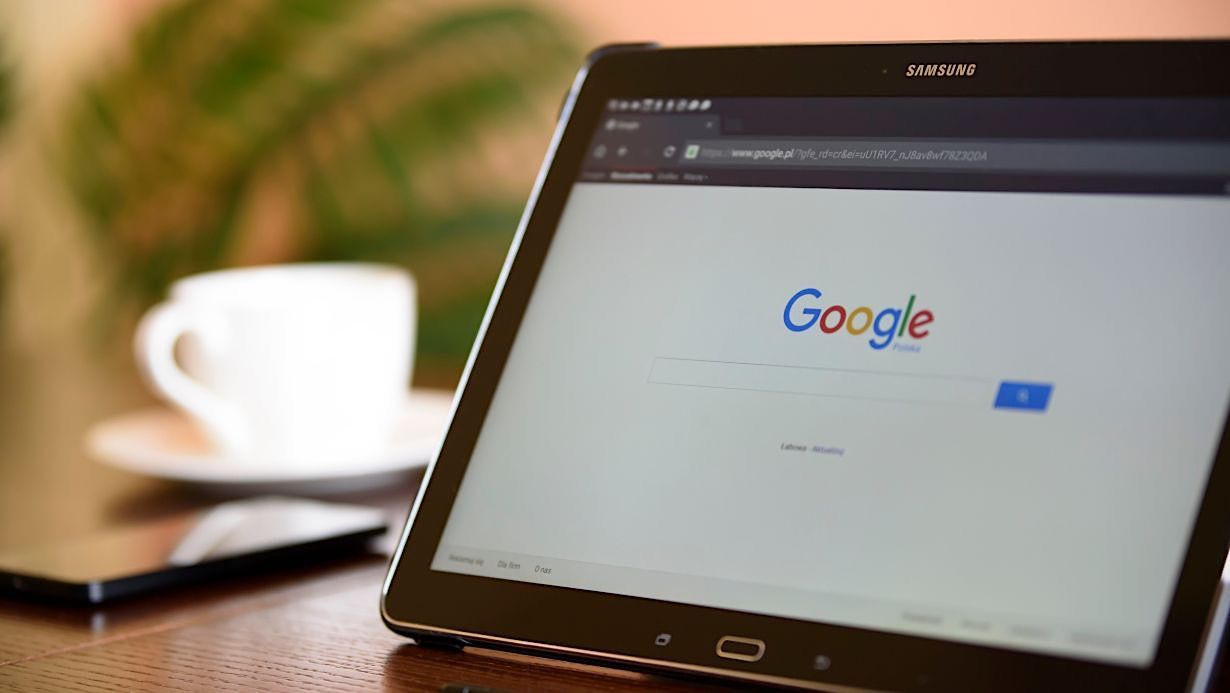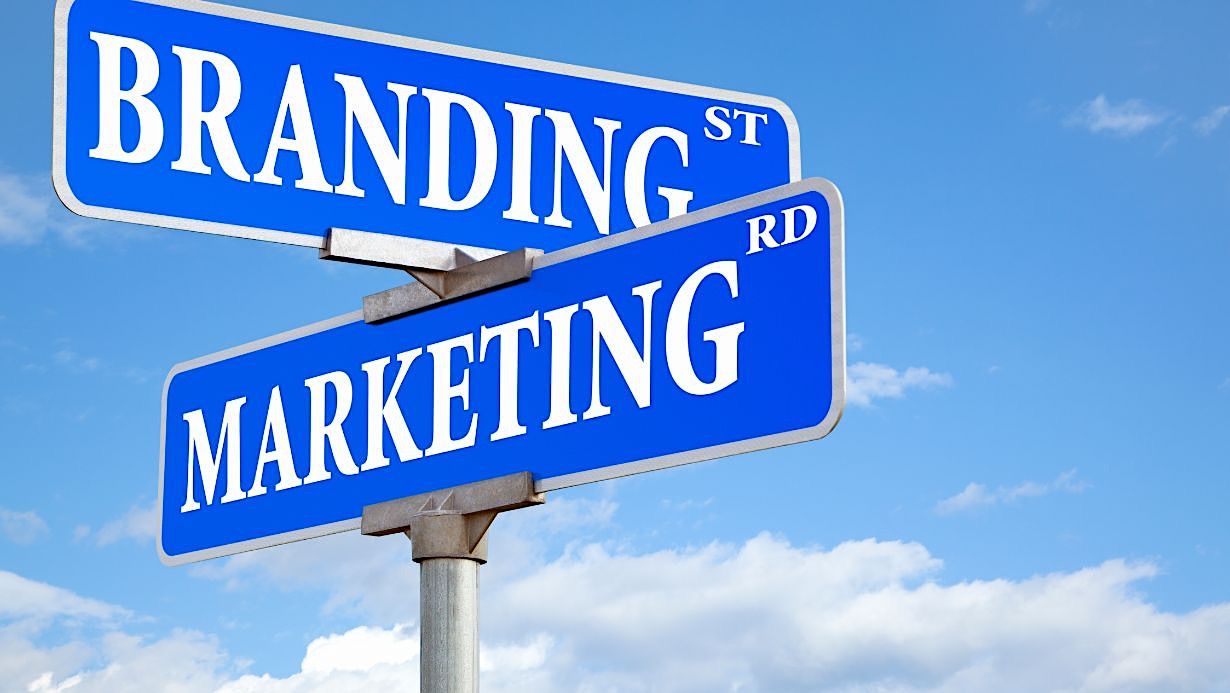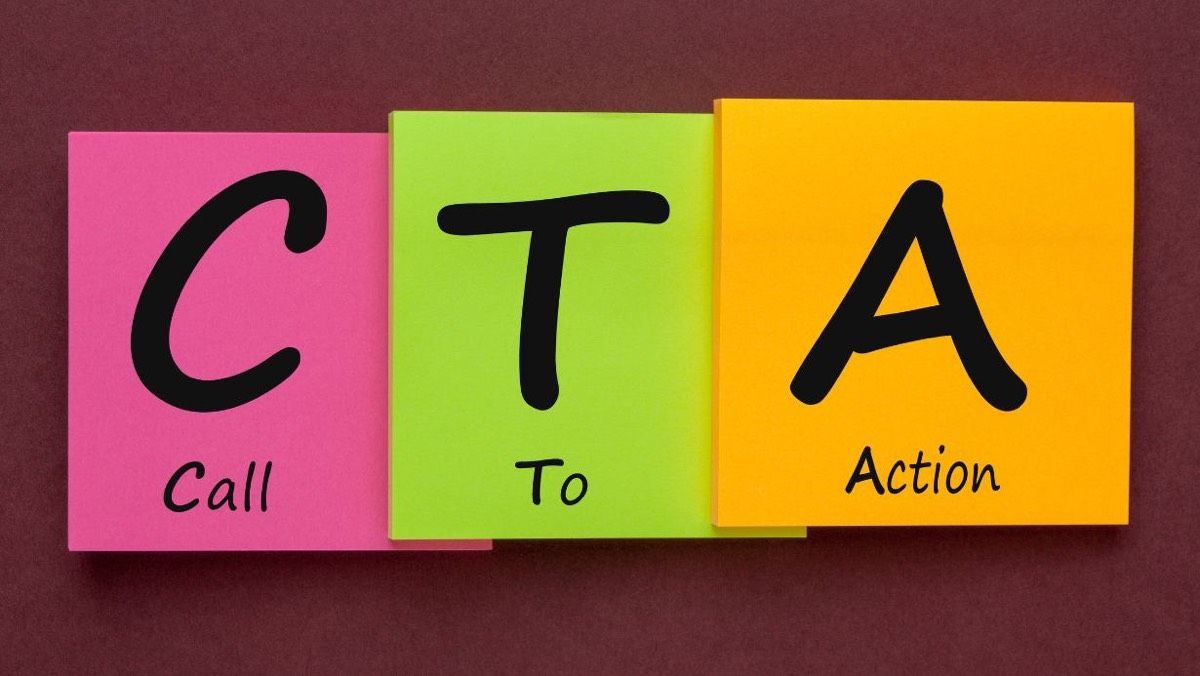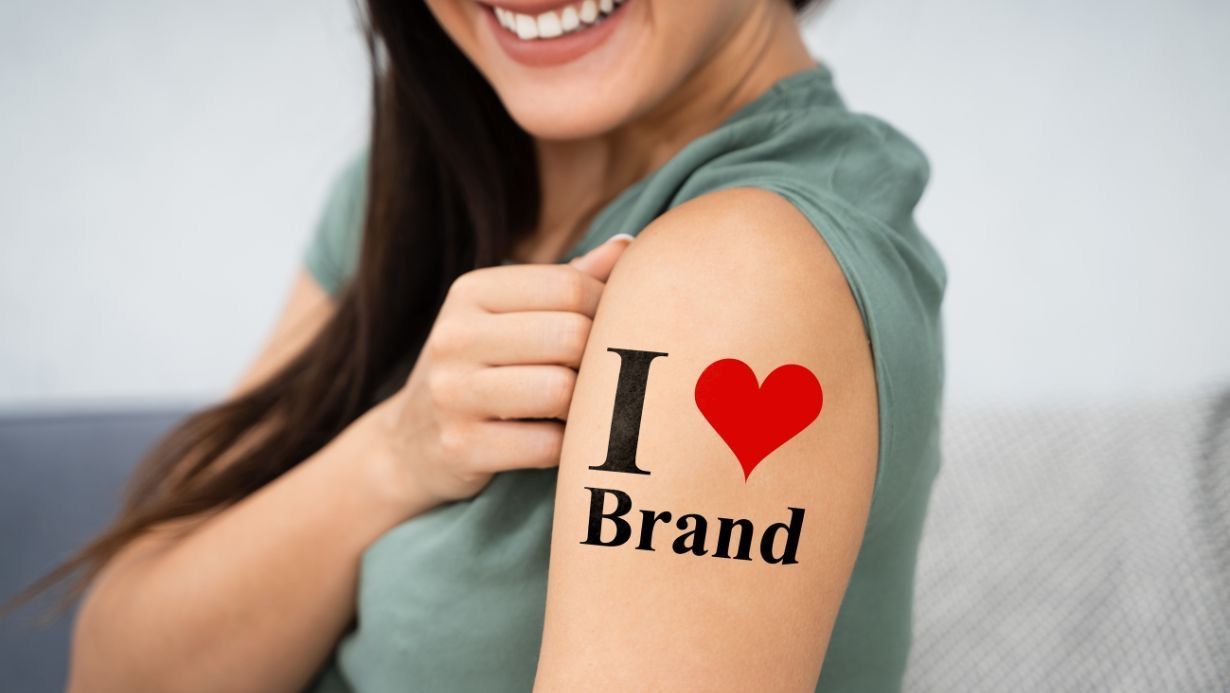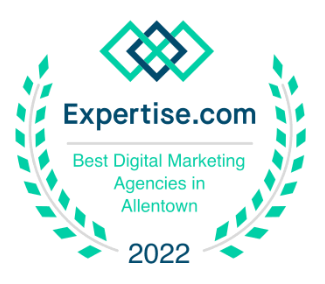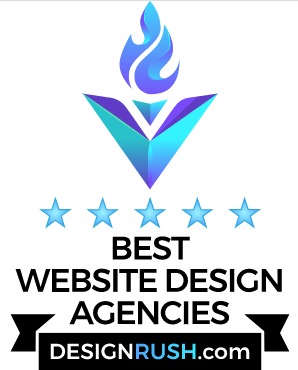Landing Page vs Website: Which is Better for Your Online Presence?

It has never been more important to establish a strong online presence for your business. When it comes to engaging with customers, an understanding of the fundamental differences between a website and a landing page is a critical web design decision. Each option has its own unique advantages and is best suited in specific circumstances. Let's show you everything you need to know and whether one reigns supreme in the landing page vs website debate.
The Characteristics of a Landing Page
A landing page is a single web page that has an objective in mind. It is typically the entry point for visitors and focuses on a call to action (CTA). Landing page objectives can vary, whether it's capturing a lead, encouraging registration for an event, or promoting a product. A landing page should have some of the following characteristics:
Focused Content
Content on any landing page is short and to the point, and should relate to the offer or the CTA.
Limited Navigation
Unlike a website, a landing page will have limited options. Because the visitor is supposed to be guided towards specific actions, such as the CTA, we need to keep their attention and reduce their chances of exploring other parts of the website.
Simplicity
A landing page needs to be uncluttered and minimize distractions because it needs to direct visitors to the desired action at the end (or the start).
A Clear Call to Action
A compelling call to action, whether it's to “Sign Up,” “Download,” “Subscribe,” or “Buy now,” is the focus of a landing page, and we should never veer off course.
What Are the Characteristics of a Website?
A website is a collection of web pages. It is the key platform for your organization or business. A website is a versatile entity and covers a wide range of characteristics, typically consisting of the following:
A Wide Variety of Content
From blogs, videos, images, articles, podcasts, and so much more, the diversity of the content available should be inherently linked with the brand and the target audience. A website will provide flexibility in how the information is presented.
Contact Information
Contact details such as About Us pages and a grander view of the goals of the business are a key part of the website.
Navigation Menus
Websites need to allow users to explore different sections and pages. This boils down to web design and user experience. When a website is easy to navigate, this results in less complexity, further enhancing the visitor who will potentially turn into a customer.
E-commerce Functions
Product listings, payment processing, and other facets of online shopping are other aspects of a website selling a product or a service.
Search Functionality
A larger website needs to make it easier for visitors to find specific content and improve the overall user experience.
When Would You Use a Landing Page?
A landing page is different from a website in terms of eliciting a specific response. There are a number of situations where it is more beneficial to use a landing page, which includes the following:
● Product launches, as a dedicated landing page can drive excitement, which will translate to immediate conversions.
● Lead generation, for example, email subscribers or product downloads. Alanding page combined with an enticing call to action will be an effective function of your landing page.
● Limited-time offers and other promotions and discounts can emphasize the urgency of an offer, and as a landing page is designed to be less functional with fewer buttons, this makes it easier to take advantage of the offers.
When is a Website Better?
As a website can provide great diversity in a number of various functions and purposes, there will be times when a website is a far more effective choice for building customer engagement, including the following:
When Providing a Wide Range of Information
A website is a collection of interconnected web pages that can help you tell the story of your brand alongside your services, products, and associated content.
Content Publication
Whether it's articles, blogs, videos, or other content marketing strategies. The structure of a website ensures that you can publish and display content appropriately to increase customer engagement and drive people towards associated services and products.
Establishing a Brand Identity
As a website can incorporate details, and information such as About Us pages, client testimonials, contact information, and the associated aesthetics or iconography that tell the story of your business.
Customized Functionality
Common examples include forums, user registration, or user-generated content, which is not always essential but having a website can ensure easy access all under one web address.
When Selling Products or Services
Services such as e-commerce can allow for product listings, shopping carts, secure payment processing, and other customizable functions to keep your leads engaged and go through the
buyer's journey.
The Pros and Cons of a Landing Page
Because every web page or landing page is designed for a specific function, there can be limitations to both:
Pros
● High conversion rate, as landing pages are designed for a specific goal.
● A focused message that guides visitors toward a single action.
● The simplicity, as a landing page is quicker and more straightforward than creating a whole website.
● Reduces distractions, as a landing page provides a streamlined journey toward the call to action, increasing the conversion possibilities.
Cons
● Because of the simplistic nature of a landing page, it may provide limited information about the business or brand.
● Landing pages don't provide ongoing user engagement. When a customer has landed on the landing page and has gone through the call to action, the landing page has served its function, which is where the website and additional engagement strategies need to come in.
The Pros and Cons of a Website
A website is a key part of any business and brand, but there can be a number of downsides too:
Pros
● A wide variety of content. The diversity of content, from podcasting to blogs, can help businesses build upon their brand and storytelling capabilities.
● A website can provide ample opportunity to reinforce brand identity.
● Websites are better for long-term content marketing strategies, such as Search Engine Optimization. The longer a website is in existence, the greater the relationship you can build through on-page SEO approaches. Being host to a number of resources that encompass the appropriate keywords, as well as other types of content like blogs, could all contribute to a stronger approach to promoting your business.
Cons
● A website can be a complex and time-consuming task. There are many resources that can ensure you design your website effortlessly. However, if you are looking to do it yourself, you need to have the skills and the abilities to build and maintain the website.
● A lot of information could be distracting for visitors, which may result in reduced conversion rates. If a customer is taken to a landing page, there is minimal need for distraction; however, landing on a website with dozens or hundreds of types of content and products can be overwhelming.
When Should You Choose One Over the Other?
Choosing between a website and a landing page will depend on your goals and the needs of your business in relation to your online presence.
You could choose a landing page if you have some of the following goals or constraints:
● A limited budget or timeline where you need a quick and focused approach to getting leads.
● You are running a time-sensitive campaign, for example, a limited-time offer, or you have a specific goal, for example, promoting a product or generating a lead.
You should choose a website in some of the following circumstances:
● You need a comprehensive online presence.
● You need to push your storytelling capabilities as part of your strategy, such as content and SEO.
● You are seeking long-term user engagement.
While you may decide one is better than the other, in fact, landing pages and websites can be complementary to each other. You can use landing pages for focused campaigns that direct visitors to your website for more information but also embed landing page forms on your website so you can capture leads and data while also prioritizing the user experience.
You can also use your website for content-driven marketing and employ landing pages when you are looking to generate leads and convert leads into customers. You can also create landing pages within the website structure, and this will help with specific promotions and campaigns.
Conclusion
Choosing between a landing page and a website is a critical decision, and while landing pages are about capturing immediate attention and are invaluable for focused campaigns, websites are versatile and can provide a wealth of information to reinforce your brand identity.
Do You Need Help Designing Your Website or Landing Page?
When you are looking for the best of both worlds, in fact, the fight between a landing page vs website doesn't have to be taxing. With the right resources, you can harness the power of both. At PMI, we can provide the solution you need for long and short-term engagement.
Contact us today to learn more and to use both landing pages and websites to boost your online presence!
We serve clients in the greater Reading, Allentown, Malvern, and Philadelphia region from our local offices, and the rest of Pennsylvania, the US, and other countries remotely.

BERKS COUNTY OFFICE:
60 Commerce Drive
Reading, PA 19610
(484) 297-6395
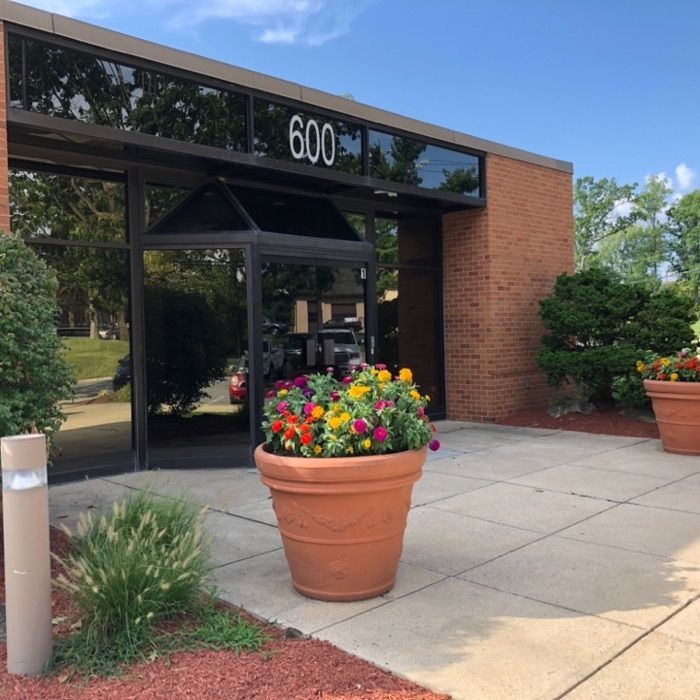
LEHIGH VALLEY OFFICE:
6081 Hamilton Blvd, Suite 600
Allentown, PA 18106
(484) 838-6648
Power Marketing International, LLC
A Digital Marketing Agency for Advertising, Web Design, and SEO. Our Experts are Dedicated to Growing Your Business!
